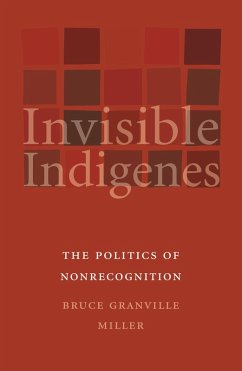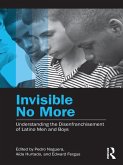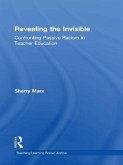In the last few decades, as indigenous peoples have increasingly sought out and sometimes demanded sovereignty on a variety of fronts, their relationships with encompassing nation-states have become ever more complicated and troubled. The varying ways that today's nation-states attempt to manage-and often render invisible-contemporary indigenous peoples is the subject of this global comparative study. Beginning with his own work along the northwest coast of North America and drawing on contemporary examples from South America, Asia, Africa, and Europe, Bruce Granville Miller examines how national governments classify, govern, and control the indigenous populations within their boundaries through administrative, judicial, and economic means. One telling consequence of such regulation strategies is that certain indigenous peoples become unrecognized-their ethnic identities and heritages fail to find legal register and thus empowerment within the very state organizations that manage other aspects of their lives. In the United States alone reside two hundred thousand unrecognized indigenous individuals, some members of indigenous communities that were dropped from the roster of tribes and others whose ancestors were overlooked. Miller also considers some important differences between the fluid nature of ethnic identity for some indigenous peoples and the more rigid notion of identity encoded in many state regulations. Invisible Indigenes reveals a recurring issue integral to the formation and maintenance of nation-states today and highlights a common challenge facing indigenous peoples around the globe in the twenty-first century.
Dieser Download kann aus rechtlichen Gründen nur mit Rechnungsadresse in A, B, BG, CY, CZ, D, DK, EW, E, FIN, F, GR, HR, H, IRL, I, LT, L, LR, M, NL, PL, P, R, S, SLO, SK ausgeliefert werden.









